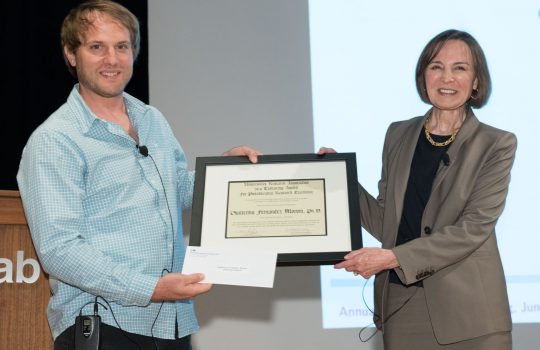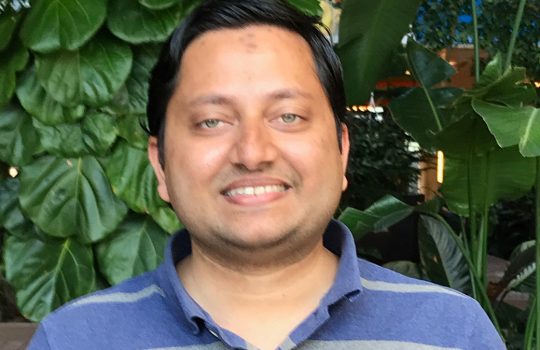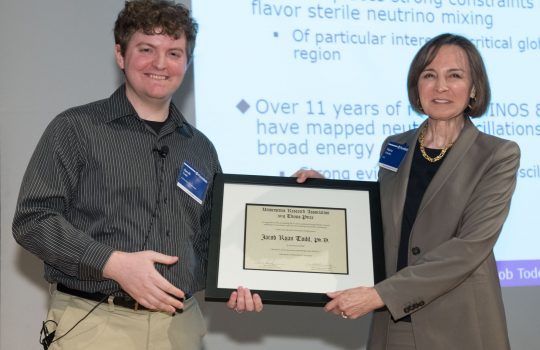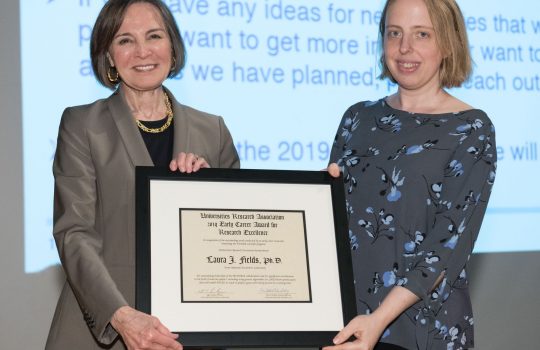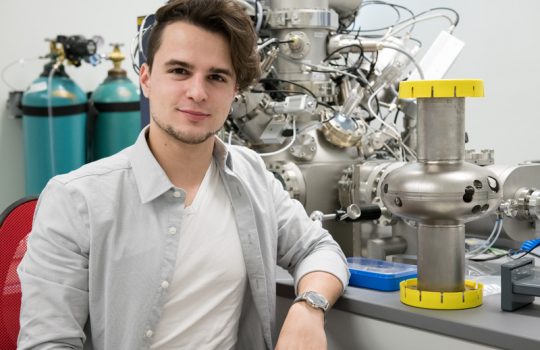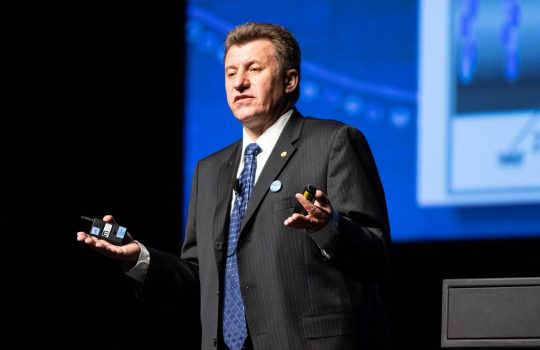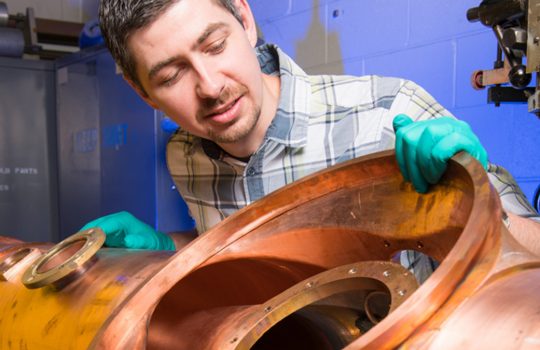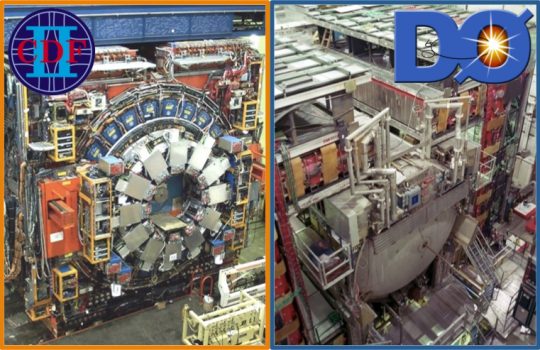UChicago jumpstarts collaborations with national labs in AI, quantum
From UChicago News, July 25, 2019: The University of Chicago is seeding promising projects with Argonne National Laboratory and Fermilab in the emerging fields of artificial intelligence and quantum science.
Fermilab scientist Brian Nord is one of the grant recipients.

